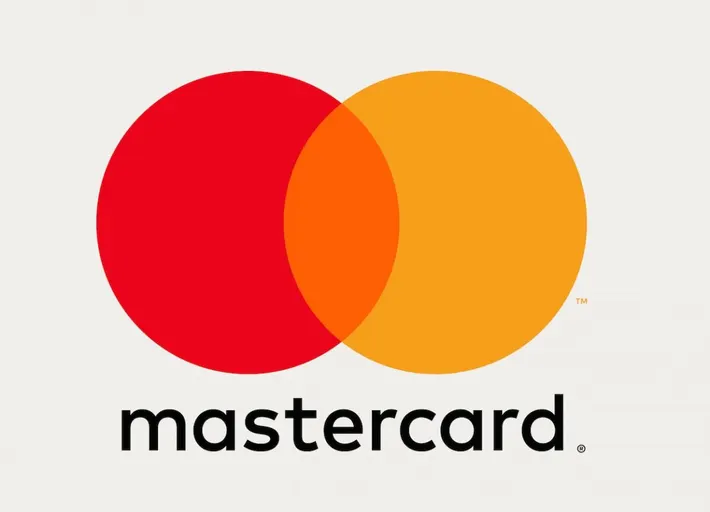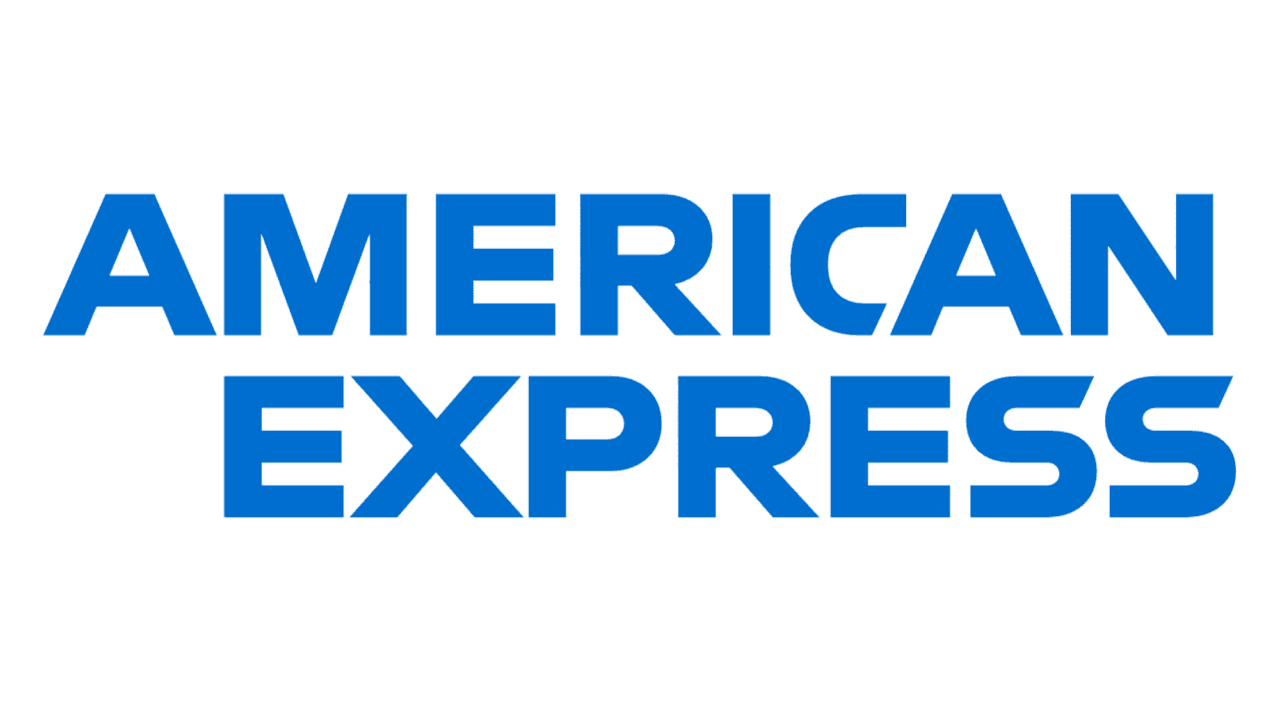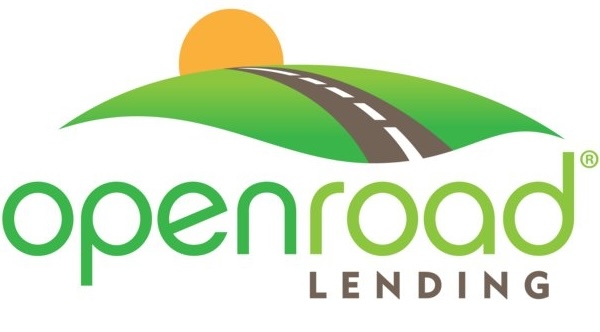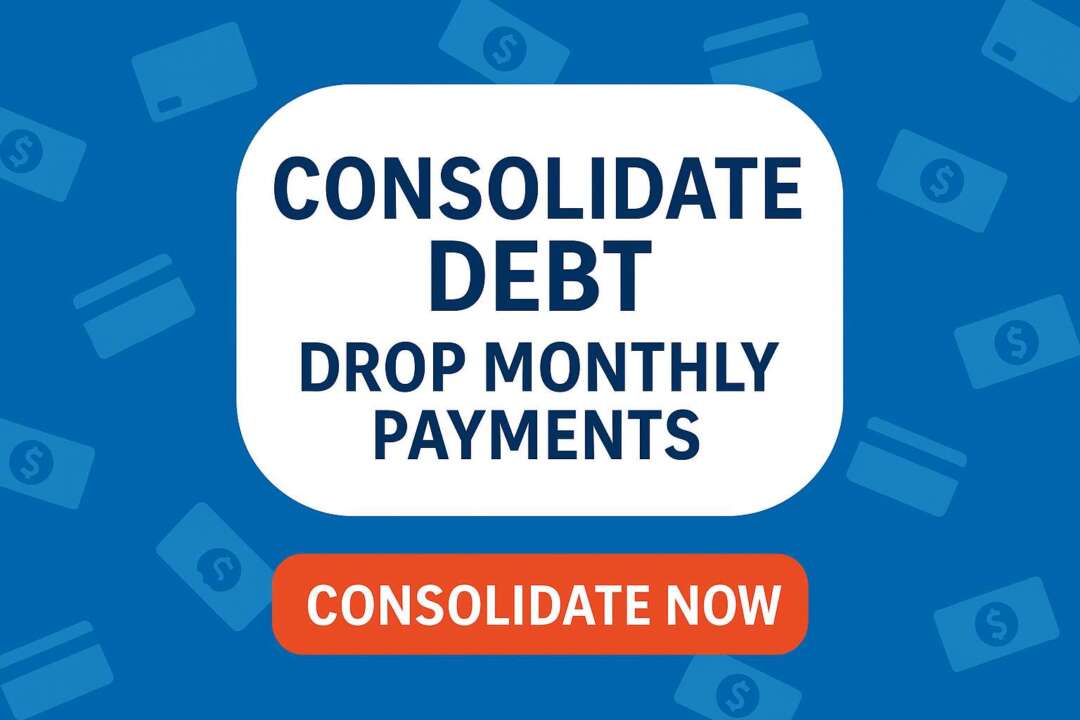What are payday loans?
Payday loans are a form of short-term small dollar lending. They are often used by people who have a difficult time getting credit from a bank or a credit union. A payday loan is designed to be repaid on the borrower’s next payday. The high cost and short time frame typically means that they are used only for emergencies.
Are payday loans good or bad?
Like most loans, payday loans can be good or bad depending on how you use them. Payday loans can be very expensive relative to the amount borrowed. And they must be paid back very quickly. If you are unlikely to be able to pay it back within 2 weeks, a payday loan is probably not your best option. However, a payday loan can be a reasonable option to cover a short-term emergency. Consider one if you can’t find money for an emergency anywhere else and you know you will be able to repay the loan within 2 weeks
How much do payday loans cost?
Payday loans are considered to be an expensive form of credit, but how much do they really cost? Unlike calculating a mortgage, payday loans often charge a fee rather than an annual interest rate. That means they cost between $10 and $15 per $100 borrowed. How much would a $200 payday loan cost? It would likely cost $24 to borrow $200 for a two week period. That means when you borrow $200, you would pay $224 at the end of 2 weeks. How much would a $500 loan payday loan cost? You would likely have to repay $560 at the end of the two week period.
What is the APR of a payday loan?
Typically, payday loans charge a flat fee rather than an interest rate. Federal law requires that lenders disclose the full cost of a loan, often in what is called a TILA box so that consumers may compare loans. The TILA box includes an annual percentage rate (APR) of the loan, but it is calculated as a yearly amount, even if the loan term is much shorter. For that reason, the APR is usually between 350-700%. The two week cost is usually between 10 and 15% of the amount borrowed.
Why do they call payday loans a high-cost loan?
Payday loans are often called a high-cost loan because the annual percentage rate (or APR) fcan often exceed 400%. The key word in APR is “annual.” Because the loan is typically for 2 weeks that means you have to take the interest as a percent of the loan and multiply it by 26 since there are 26 two-week periods in a year.
Let’s look at an example. You borrow $200 with a fee of $12 per hundred. That means you will repay $224 in two weeks. However, per federal law this must also be given to you as an APR. To calculate the APR for a two-week loan we take the percentage rate $12 divided by $100 and get 12%. Then you multiply 12% by 26, the number of two week periods in a year to get 312%. Therefore the approximate APR of the loan is 312%. Note that this is slightly different from the legal definition and method of calculating the APR in the United States but it is a simple way to demonstrate where the very high APR comes from.
Why are payday loan rates so high?
Payday loan rates are so high because they are calculated based on such a short time period. When people think of the high cost of payday loans, they are usually comparing the cost to other forms of credit using something called the APR, the annual percentage rate. The APR is an extremely effective measure to compare how much more you will pay for a loan above and beyond the principal regardless of the time frame in which you borrow the money.
However, for very short-term loans, the APR can seem extremely high. For instance, payday loans are often said to have an APR of over 400%, but you would only pay 400% of your principal in interest if the loan was carried for a full year at that interest rate. Payday loans are set at a term of two weeks so you will not be paying 400% of the principal in interest unless you roll over the loan 26 times.
Many people believe that payday loans ought to have an APR below 36%, much like the cap on credit cards and other lending. This would be a challenge for companies offering payday loans because a 36% APR on a $200 loan for two weeks would result in only $2.76 in fees. That’s less than an ATM fee. It would be difficult to imagine that a company would be able to pay for all the functions of its business charging this amount.
What are the features of a payday loan?
Small amounts
Payday loans are typically smaller amounts. Because they are designed to be repaid in full on the borrower’s next paycheck, it is unusual for a payday loan to exceed five or $600.
Single payment
Payday loans are typically repaid in a single payment on the borrower’s next paycheck. Payday loan companies will allow borrowers to roll over a payment into their next paycheck if a borrower has trouble repaying the loan. While this convenience can help a borrower push out the payment, it will double the cost of the initial loan because the initial fee will be charged again.
Cash available immediately
Borrowers can often receive their payday loans immediately if borrowed at a storefront. Online, money can be received within an hour or sometimes the next business day. The speed at which they can receive the money is often its most valuable feature. It is common today for payday loan companies to deposit loan proceeds directly into a borrower’s bank account.
Often repaid one of three ways
- First a borrower can return to a physical storefront and make a payment to pay off the loan.
- Second they may write out a check when they borrow the loan that their lender deposits on the loans due date.
- Or third, a borrower may permit the payday loan company to access their bank account to pull the payment out on the due date using a process called ACH (automated clearing house). Today, this tends to be the most popular option.
Who should use payday loans?
Because payday loans are considered an expensive form of short-term credit, financial experts typically encourage people to avoid them. However, if someone is in dire need of a short-term, low dollar loan and does not have a good credit score, they may have very few other options. Even under these circumstances, it may not be advisable for a person to borrow a payday loan if there is significant risk that they will not have the money to repay the loan within the initial two week payment window. If a borrower is sure to have the extra money that will allow them to cover their day-to-day expenses and repay the loan, a payday loan may allow the person to get out of a financial jam.
People with bad credit, poor credit, or even no credit often turn to payday loans because it is one of the few forms of credit that they can qualify for.
Why are they called payday loans?
Payday loans derive their name from the feature that requires their full repayment on the borrowers next payday. Some people are beginning to call any loans that require a payment due on a borrower’s payday to be called a payday loan, but traditionally a payday loan is a single pay product. Loans with more than one payment are traditionally called installment loans or personal loans.
What is the difference between a payday loan and a personal loan?
There are two main differences between payday loans and personal loans. First payday loans often charge a fee whereas a personal loan is often charged interest. The fundamental difference between a fee and an interest rate is that a fee is a flat amount for the period of the loan. Whereas an interest rate charges based on the amount held and the length of the loan.
What is the difference between a payday loan and an installment loan?
The primary difference between a payday loan and an installment loan is that a payday loan is often due in its entirety in a single payment on the borrower’s next pay date. Installment loans are paid over a period of time in a series of payments, called installments. This leads to the second fundamental difference between the two. The cost of installment loans is based on an interest rate. Therefore, the total interest cost of an installment loan can be decreased by paying the loan off early. The payday loan fee is usually fixed. The cost will be the same regardless of whether you repay early or on the due date.
Who can qualify for a payday loan?
One of the most important features of a payday loan is the fact that just about anyone can qualify for them. You do not need a good credit score in order to obtain a payday loan. Payday loans typically are available to people with bad credit or even no credit.
What do I need in order to qualify for a payday loan?
Payday loans are one of the easiest forms of credit for consumers to be able to obtain. Most payday loan lenders do not check the traditional credit bureaus and often do very little “underwriting” when deciding whether to extend credit to an applicant. Most payday loan companies will require three things:
- The applicant must be at least 18 years of age
- The applicant must have a checking account (or, in some cases, at least a prepaid debit card); and,
- The applicant must show some form of income
Do payday loans report to the credit bureaus?
Payday loan companies typically do not report payments to the big three credit bureaus Transunion, Experian, and Equifax. This means that paying off a payday loan will not help strengthen your credit score by reporting good credit behavior. However, like most things, this is a little bit more complicated than that. Payday loan companies will often report missed payments to secondary credit bureaus that track subprime borrowing. While reporting to these bureaus rarely affects your mainstream credit score, it can affect your ability to borrow at other lenders who cater to those who otherwise would struggle to get mainstream credit.
How fast can I get a payday loan?
Payday loans can be a fast way to obtain an emergency loan. In some instances, getting a payday loan can be instant. One of the most valuable features of a payday loan is how quickly a borrower can obtain the money that they need. Borrowers can often obtain a payday loan immediately if visiting a storefront. If they are borrowing from a company online, they can often get the money within an hour or possibly the next business day.
How much can I borrow with a payday loan?
Traditionally, payday loan borrowing is limited to between $200 and $500. In some instances you can borrow a little bit more than that. The limitation is that the lender requires you to repay the loan in full on your next pay date. That means there is a natural limit to how much you can borrow based on your income.
Are payday loans risky?
People often describe payday loans as being risky. But why? Even though the overall borrowing amount remains low for payday loans, the risk comes in how quickly the payments come due. When borrowing from a payday loan company the entire amount, including the fees, are due at your next pay date. Many people have challenges coming up with the repayment that quickly. That means the loan will be rolled over to another loan. With another round of fees. The fees can stack up fast with little to no progress on paying off the original debt. If you struggle to cover up with your day-to-day expenses, you are unlikely to have excess money that you will need to pay off a payday loan. For this reason, payday loans are often seen as a very risky form of borrowing.
What does it mean to rollover a payday loan?
Rolling over a payday loan means you pay only the fee due and reborrow the same loan. You rollover the loan to a new period because you cannot pay it back. Technically, this would be another loan for another two week period. It is considered a rollover because you don’t actually repay the principal. You instead use a new loan to repay the previous one.
Is it a bad thing if I rollover my payday loan?
Rolling over your payday loan into another two-week period shows that you are struggling to make the payment. A payday loan rollover, especially if you are doing it more than once a year, can become quite expensive. The compounding fees can actually make your day-to-day finances worse. This increases the chance that you will need to borrow again, now or in the future. For that reason alone, rolling over your payday loan is often considered a bad thing.
Are payday loans a trap?
Loans are a trap when consumers pay interest and fees without being able to pay down the principle. In those circumstances, the consumer is trapped within the loan with no conceivable way out. This can and does happen to payday loan users. When the loan is due, they are unable to make a full payment, so they pay the fee and roll over the loan into a new period.
Is a payday loan unsecured?
Payday loans are a form of unsecured loan. That simply means that the loan is not “secured” by something of value. The lender has nothing to repossess if the loan is not paid back. Other forms of unsecured loans include personal loans, installment loans, and credit cards.
How do payday loan companies collect?
Most payday loan companies now require a borrower to authorize access to their checking account through a process known as ACH (automatic clearing house). This allows the company to automatically withdraw the payment on the loan’s due date. If the account has insufficient funds, a bank may charge a borrower a fee. The lender could attempt to access the account again. If they are unable to collect, they may reach out to the borrower directly seeking payment.
What happens if I don’t pay off my payday loan?
A payday loan is considered an unsecured form of credit. That means the lender cannot seize any of the borrower’s assets if they default on the loan. If a borrower fails to pay, the lender may report late or default payments to the credit bureaus. This could impact the borrower’s credit score. Furthermore, the lender may contact the borrower in order to be repaid. The lender may also sell the debt to a collection agency that will attempt to collect the loan. While uncommon, some lenders may also sue in small claims court. This gives them the chance to collect the outstanding balance plus additional fees.
How much can a payday loan company bother me to pay them back?
Some lenders in the past were aggressive about contacting borrowers when they were late or didn’t pay. They might harass the borrower by phone, show up at their home or place of employment, or make threats. Because of these excesses, the federal government set limits on the behavior a debt collector or lender may do to recover past-due payments. For instance, a company may not attempt to reach a borrower more than seven times in a seven day period. And, if they actually have a conversation about the debt, they are not allowed to contact them again within seven days. There are other rules about contact through social media and disclosure about who they are.
Where can I complain about my payday loan company?
Payday lenders are regulated at the state level. To lodge a complaint, you must reach out to the state’s regulator. The following are the links to the instructions on how to lodge a complaint in each state:
What are some alternatives to payday loans?
When you are considering alternatives to taking out a payday loan it is important to think about what you need, how quickly you need it, and what you can qualify for. If possible, you should always try and get the lowest cost loan that you can. Some good alternatives include: loans from family and friends, setting up a payment plan, or asking for an advance to your paycheck.
Who regulates payday lenders?
Payday loan companies are regulated by state banking commissions. That means that the laws that govern the payday loan industry will differ by state.
How can I find payday loans near me?
Payday loans are available in most states in the country. However, the industry is regulated by each individual state. Therefore the structure and cost will vary state by state, even with the same lender. It used to be that borrowers would have to find a storefront near them in order to take out a payday loan, but today payday loans can easily be obtained online. Online payday loans typically only require: a bank account, be over the age 18, and proof of income.
The following table gives a simple overview to the state limitations:
| State | Maximum Amount | Term |
| Alabama | $500 | Between 10-31 days |
| Alaska | $500 | 14 days |
| California | $300 | Up to 31 days |
| Colorado | $500 | Not less than 6 months |
| Delaware | $1,000 | Less than 60 days |
| Florida | $1,000 | Between 7-31 days |
| Hawaii | $600 | Less than 33 days |
| Idaho | $1,000 | |
| Illinois | $1,000 | 13-120 days |
| Indiana | $50-550 | Not less than 14 days |
| Iowa | $500 | Less than 32 days |
| Kansas | $500 | 7-30 days |
| Kentucky | $500 | Less than 61 days |
| Louisiana | $350 | Less than 31 days |
| Maine | No maximum | |
| Michigan | $600 | Up to 31 days |
| Minnesota | $350 | Less than 31 calendar days |
| Mississippi | $500 | Less than 31 days |
| Missouri | $500 | 14-31 days |
| Montana | $50-300 | |
| Nebraska | $500 | Less than 35 days |
| Nevada | Less than 25% of gross income | Less than 36 days |
| New Hampshire | $500 | 7-30 days |
| North Dakota | $500 | 15-60 days |
| Ohio | $1,000 | Depends on the payment |
| Oklahoma | $500 | 12-45 days |
| Oregon | $50,000 | 31-60 days |
| Rhode Island | $500 | More than 12 days |
| South Carolina | $550 | Less than 32 days |
| South Dakota | $500 | |
| Tennessee | $500 | Less than 32 days |
| Texas | Variable | Variable |
| Utah | No maximum | Less than 10 weeks |
| Virginia | $2,500 | 4-24 months |
| Washington | $700 or 30% of gross income | 8-45 days |
| Wisconsin | No maximum | |
| Wyoming | No maximum | One calendar month |
For more details, see the National Conference of State Legislators (NCSL).
According to the National Conference of State Legislators (NCSL), payday lending is prohibited in the following states: Arizona, Arkansas, District of Columbia, Georgia, Guam, New Mexico, North Carolina, Puerto Rico, and the Virgin Islands.
[Image: map of the United States with the states where payday lending is prohibited is highlighted]
Are there really more payday loan stores than McDonald’s? (Starbucks?)
You might have noticed a statement people mention that there are more payday loan stores in the United States than there are McDonald’s locations. While this may be true, it is actually extremely difficult to verify. It’s easy to count the number of McDonald’s restaurants in the United States. It is considerably more difficult to count the number of payday stores. This is because the industry is highly fragmented where even the largest company exist only in a dozen states. It’s also comparing apples to oranges. McDonalds is a company (fast food franchise). Payday lenders are a industry group made up of dozens or even hundreds of companies.
What’s the difference between a check cashing loan and a payday loan?
A check-cashing loan is a type of payday loan. When you take out a check cashing loan, you write a personal check for the principle and fees to the lending company. The company holds the check until the day the payment is due and then deposits the check. Most payday loans today transfer money in and out of your bank account directly and no longer use checks.
What are the fees for a payday loan?
Payday loan companies charge a flat fee for the two-week borrowing period of generally between $12-15 per $100 borrowed. That means that borrowing $100 would require a repayment of $115 when the loan is due. Other fees might include a late fee if the payment is not made on time. Some companies might also require that the money be loaded on a prepaid debit card which the consumer might also have to pay for.
Where can I find online payday loans?
The most popular way to find a payday loan company in your area is by conducting an internet search. But this approach rarely helps people understand their best options. Often, a personal loan or even a credit card may be a better solution.
Can I get a payday loan online?
Payday loans can easily be found online. Companies have tried to improve convenience with online applications and deposits directly into their bank accounts. The convenience of not having to visit a physical store also means more choice. Today, the best loan options can be found online. Check our marketplace page to see if you qualify for a personal loan instead.
How many people use payday loans?
What percentage of Americans use payday loans?
At any given time, between 3-6% of Americans are using a payday loan. However, it is believed that between 8-12% of the population has used a payday loan within any 12 month period. Many people turn to payday loans when they do not have any other options during a financial emergency.






























